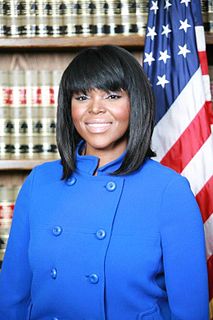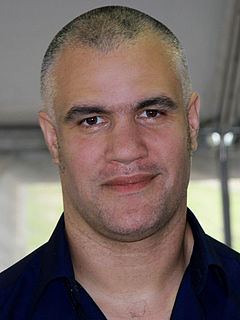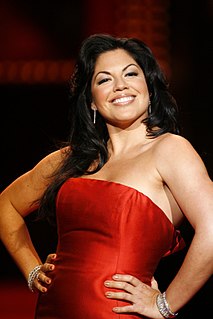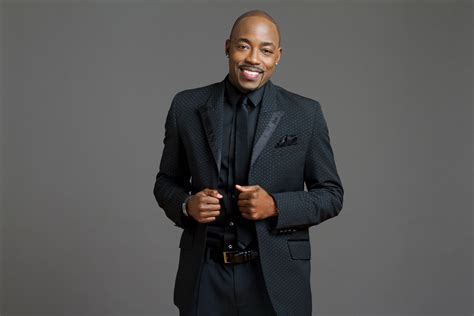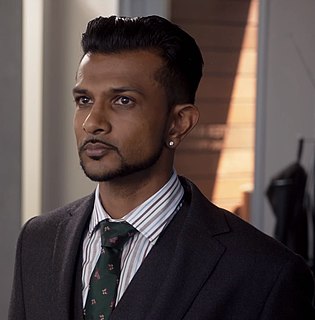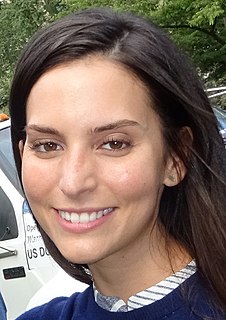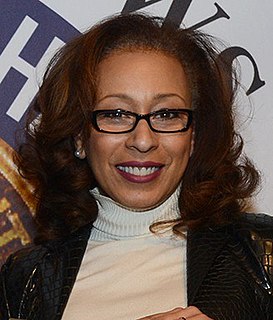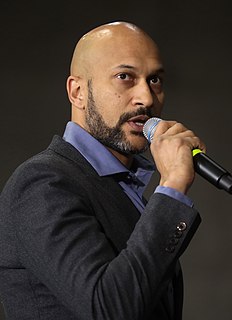A Quote by Aja Brown
My husband is actually biracial. He is Caucasian and African American. And my brother's fiance is Latina. So we have a colorful family.
Related Quotes
There couldn't possibly be a more label-driven industry than acting, seeing as every audition comes with a character breakdown: 'Beautiful, sassy, Latina, 20s'; 'African American, urban, pretty, early 30s'; 'Caucasian, blonde, modern girl next door'. Every role has a label; every casting is for something specific.
In the United States, the average is two children per family, while in Africa it is five children per family. On the surface, the statistic seems to indicate that Africans are having way too many kids and are taxing the Earth's resources, while American kids are born into families who are able to take care of them. However, the average American child consumes roughly the same resources as fifteen African children. So when an American family says they only have two children, they are actually consuming the resources of an African family of thirty children!
In the industry, artists of of color struggle the most. Caucasian artists have really solidified themselves in the industry, and with African Americans now we see directors and producers who vow to only produce work that shines a light on African American artists. But everybody in the middle gets lost.
African Americans, in particular, saw their cumulative wealth crash. They used to have 10 cents on the dollar of the average white family. That 10 cents on the dollar that the African American family used to have crashed down to 5 cents on the dollar, given the focus of predatory lending on the African American community and the degree to which they were really devastated by the foreclosure crisis. So yeah, I think there is a lot of disappointment out there.
It's exciting to me that Ride Along is a movie that has two African American leads, but it's even more exciting to me that it's not a movie about two African American leads. They just happen to be African American. It's a universal story. It's a story about a guy in love with a girl, and he's gotta get the approval of the overbearing, mean brother. That's a universal theme.
